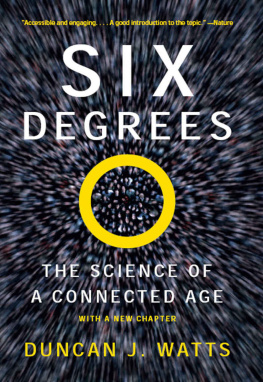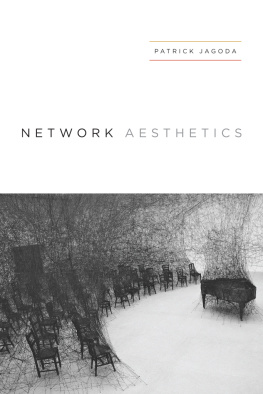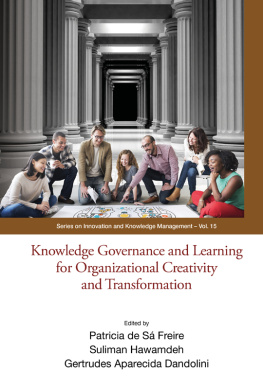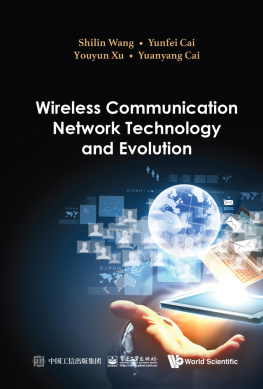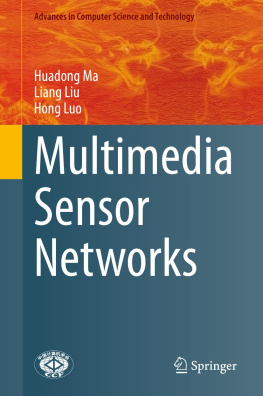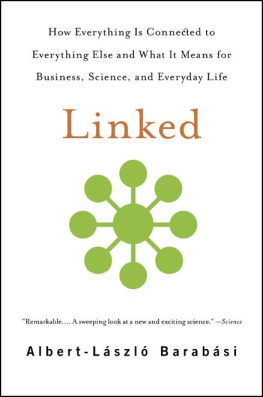Duncan J. Watts
W. W. NORTON & COMPANY
NEW YORK LONDON
Copyright 2004, 2003 by Duncan J. Watts
Saul Steinbergs View of the World from 9th Avenue, 2002 The Saul Steinberg
Foundation/Artists Rights Society (ARS), New York.
All rights reserved
For information about permission to reproduce selections from this book, write to Permissions, W.W. Norton & Company, Inc., 500 Fifth Avenue, New York, NY 10110
Production manager: Andrew Marasia
The Library of Congress has cataloged the printed edition as follows:
Watts, Duncan J., 1971
Six degrees: the science of a connected age/Duncan J. Watts.1st ed.
p. cm.
Includes bibliographical references.
1. Graph theory. 2. Network analysis (Planning) 3. Social networksMathematical models. I. Title.
QA166.W37 2003
511'.5dc21
2002013331
ISBN: 978-0-393-07612-7 (e-book)
W.W. Norton & Company, Inc., 500 Fifth Avenue, New York, N.Y. 10110
www.wwnorton.com
W.W. Norton & Company Ltd., Castle House, 75/76 Wells Street, London W1T 3QT
For
Mum and Dad
I read somewhere that everybody on this planet is separated by only six other people. Six degrees of separation. Between us and everybody else on this planet.
Ouisa, in
S IX D EGREES OF S EPARATION ,
by John Guare
Contents
Preface
I rarely end up where I was intending to go, but often I end up somewhere that I needed to be.
D OUGLAS A DAMS , The Long Dark Tea-Time of the Soul
I TS FUNNY HOW THINGS WORK OUT. IT HAS BEEN LESS THAN A decade since I stared down that long corridor at Cornell, wondering why Id moved halfway around the planet to come study some obscure subject in a place that all of a sudden looked like a prison. Yet in that brief time, the world has changed several times over, and my world with it. Surprised by the meteoric rise of the Internet, stung by a series of financial crises from Asia to Latin America, and stunned by ethnic violence and terrorism from Africa to New York, the world has learned the hard way that it is connected in a manner few people had anticipated and no one understood.
In the quiet corridors of academia, meanwhile, a new science has been emergingone that speaks directly to the momentous events going on around it. For want of a better term, we call this new science the science of networks. And unlike the physics of subatomic particles or the large-scale structure of the universe, the science of networks is the science of the real worldthe world of people, friendships, rumors, disease, fads, firms, and financial crises. If this particular period in the worlds history had to be characterized in any simple way, it might be as one that is more highly, more globally, and more unexpectedly connected than at any time before it. And if this age, the connected age, is to be understood, we must first understand how to describe it scientifically; that is, we need a science of networks.
This is a story about that science. It isnt the story, the unabbreviated version being already far too large to accommodate in one small volume and soon beyond the ability of any one person to learn in a lifetime. Rather, it is a fragment, a single travelers tale of his journeys in a strange and beautiful land. In any case, every story must be told from some perspective (whether it is done so openly or not), and this one is told from mine. In part thats because I played a role in the events themselves, events that have been central to the trajectory of my own career. But there is another, deeper reason, one that has to do with the telling of science. The science of textbooks is typically a dry and intimidating affair. Unfolding in a relentless march of logic from apparently impossible questions to seemingly indisputable conclusions, textbook science is hard enough to follow, let alone emulate. And even when science is presented as an act of discovery, an achievement of humans, the process by which they actually figured it out remains cloaked in mystery. My dominant memory from years of physics and math courses is the depressing sense that no normal person could actually do this stuff.
But real science doesnt work that way. As I eventually learned, real science occurs in the same messy ambiguous world that scientists struggle to clarify, and is done by real people who suffer the same kind of limitations and confusions as anybody else. The characters in this story are, one and all, talented people who have worked hard throughout their lives to succeed as scientists. But they are also entirely human. I know that because I know them, and I know that we have struggled and often failed together, only to pick ourselves up to try again. Our papers get rejected, our ideas dont work out, we misunderstand things that later seem obvious, and most of the time we feel frustrated or just plain stupid. But we struggle on, the journey being every bit as much the point as the destination. Doing science is really a lot like doing anything else, but by the time it gets out into the larger world and everyone reads about it in books, it has been so reworked and refined that it takes on an aura of inevitability it never had in the making. This story is about science in the making.
Of course, no story takes place in a vacuum, and one thing that I hope to convey in this book is a sense of where the science of networks comes from, how it fits into the larger scheme of scientific progress, and what it can tell us about the world itself. There is far more to say about these matters actually than I can include here, because rather a lot of people have been thinking about networks for rather a long time. But as much as the story omits (and it omits an awful lot), I hope it will convey the point that the connected age cannot be understood by trying to force it into any one model of the world, however reassuring that might seem, nor can it be understood by any one discipline working alone. The questions are simply too rich, too complicated, and, frankly, too hard for that.

